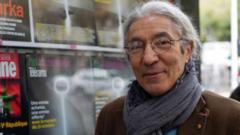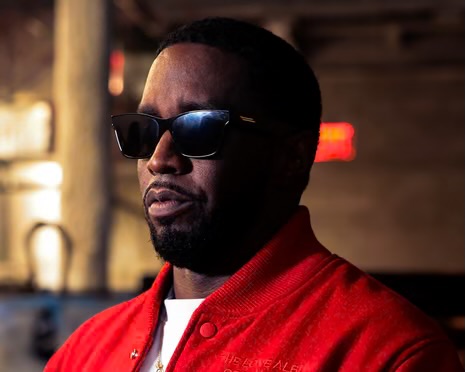Boualem Sansal, an 80-year-old writer recognized for his bold critiques of the Algerian government and religious extremism, has been sentenced to five years in prison by an Algerian court. The ruling stems from comments he made in an interview with a right-wing French media outlet, where he suggested that during the colonial period, France allocated excess land to Algeria while neglecting Morocco. He further asserted that the contested area of Western Sahara historically belongs to Morocco.
Since his arrest last November after traveling from Paris to Algiers, Sansal's health has deteriorated, prompting hospital visits during his detention. His case has drawn significant attention, with notable figures, including Nigerian Nobel laureate Wole Soyinka and French President Emmanuel Macron, voicing their concerns. Macron has called for an urgent resolution to Sansal's "arbitrary detention," emphasizing the impact on Franco-Algerian relations.
Sansal has inadvertently become a focal point in the fractious diplomatic relations between France and Algeria, which remain strained since Algeria's independence from France in 1962. The tensions escalated further last year after France's endorsement of Morocco's claim to Western Sahara, resulting in Algeria withdrawing its ambassador from Paris and severing ties with Morocco.
In light of the court's decision, Sansal's lawyer has appealed to President Abdelmadjid Tebboune for clemency, highlighting the author's age and health concerns. Often praised by far-right figures for his anti-Islamist stance, Sansal continues to face criticism for being linked to these ideologies.
The author is best known for his novel "2084," a satire emerging from the shadows of religious radicalism, which secured the French Academy’s Grand Prix of the Francophonie a decade ago. His upcoming work, "Vivre," slated for release in May, explores a narrative about individuals chosen to colonize a new planet amidst an impending apocalypse. The ongoing struggle of Boualem Sansal has brought a spotlight on issues of freedom of speech and human rights in Algeria, echoing the voices of many fighting for cultural and political expression in vulnerable spaces across the globe.




















